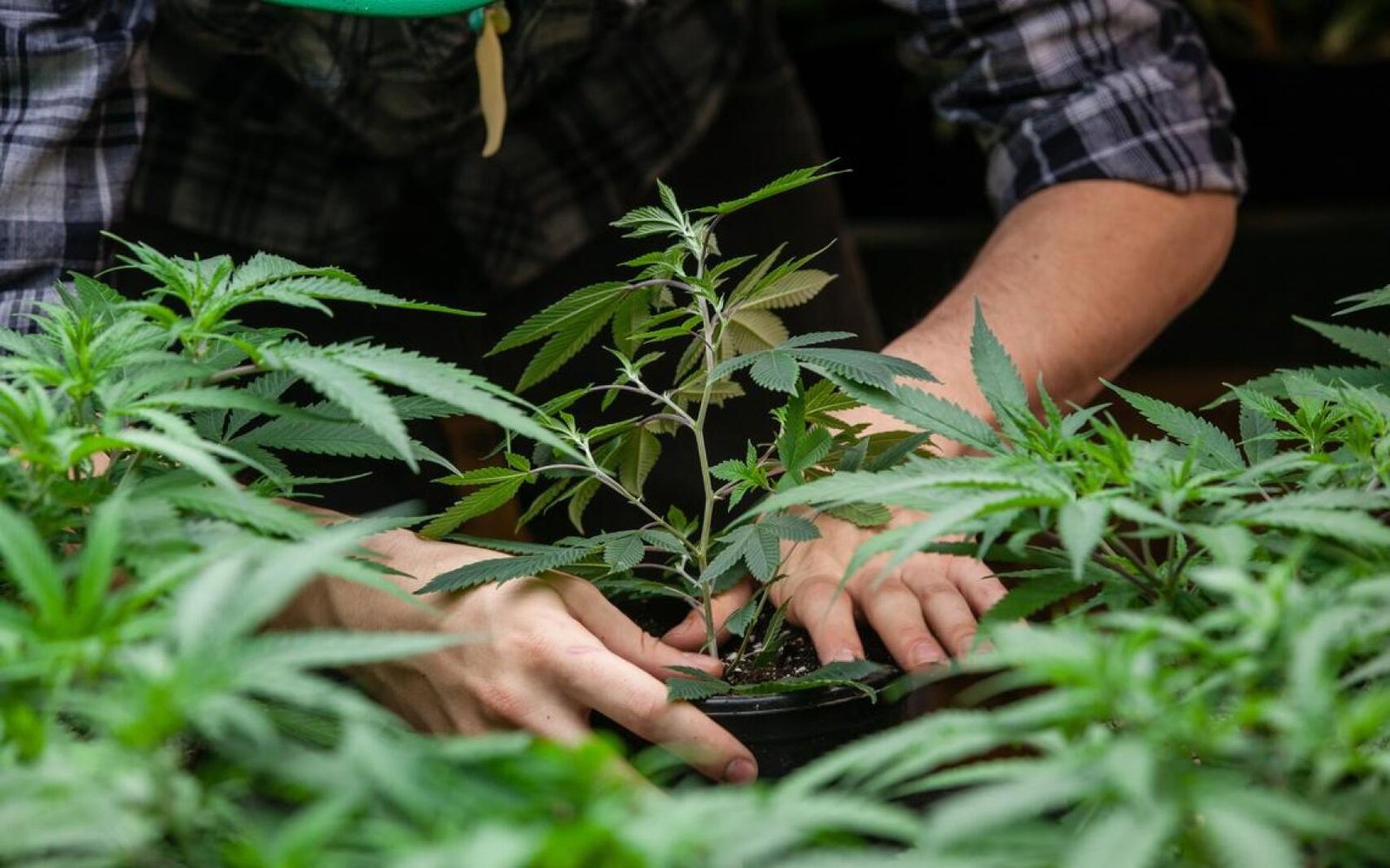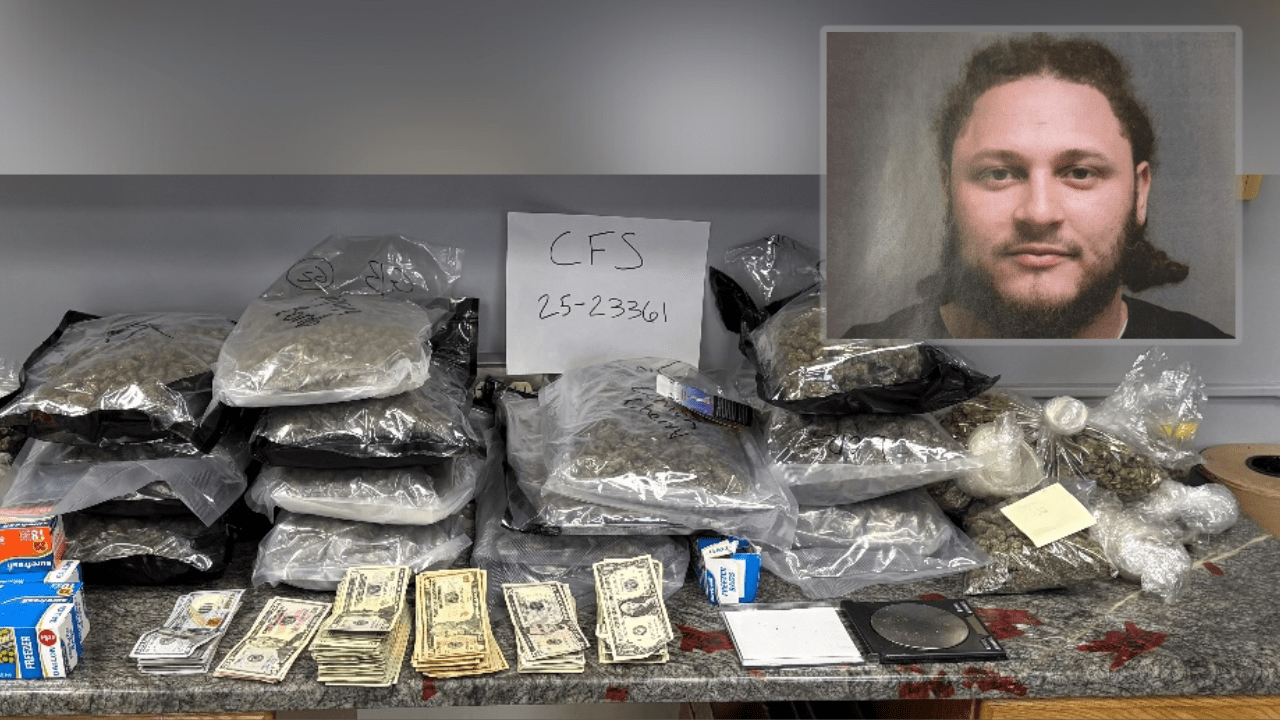North Dakota lawmakers are currently reviewing several bills aimed at changing marijuana regulations in the state. These proposed changes primarily target the possession penalties for both medical and non-medical marijuana, making them less strict than current laws. This comes amid an overwhelmed court system that is struggling to manage caseloads.
Despite a narrow defeat in the 2024 general election for the legalization of recreational marijuana, North Dakota permits medical use under its Medical Marijuana Program. The upcoming legislative session could expand the program to include more patients and products.
One significant proposal is House Bill 1203, introduced by Rep. Steve Vetter, R-Grand Forks. This bill seeks to add marijuana-infused edibles to the list of products available for prescription to qualifying patients. The proposed edibles must be packaged in a way that is child-proof, resealable, opaque, and plain, with labels printed in “black arial font” to minimize their appeal to children. Each serving would be limited to 10 milligrams of cannabinoids, with a maximum of 100 milligrams allowed in a single container.
During a recent Senate Human Services Committee hearing, Vetter emphasized the benefits of edibles, stating they offer a healthier and safer method of consuming marijuana. He described the legislation as a “good conservative bill” that includes necessary safeguards for minors.
In addition, Senate Bill 2294, sponsored by Rep. Kristin Roers, R-Fargo, also aims to expand the medical program to include edibles. However, this bill proposes a lower maximum dosage of five milligrams per serving, with a total of no more than 50 milligrams per container. Notably, this legislation would also remove the requirement for an in-person medical evaluation to obtain a medical card, allowing patients to use telehealth services instead. Furthermore, it would enable non-residents to apply for a medical card valid for two years instead of just one.
On the criminal side, House Bill 1596 proposes a reduction in penalties for marijuana possession, moving each associated penalty down one criminal class. Under this bill, individuals aged 18 and older could receive a non-criminal citation for possessing 14 grams (or half an ounce) or less. Minors found with the same amount would face an infraction.
For adults, possessing 100 to 500 grams (approximately 3.5 ounces to over 17 ounces) would result in a Class B misdemeanor charge, while possession of more than 500 grams could lead to a Class A misdemeanor. A Class A misdemeanor can result in up to a year in jail and a $3,000 fine, whereas a Class B misdemeanor carries a potential penalty of 30 days in jail and a $1,500 fine.
Additionally, adults caught with two grams or less of THC concentrates, which are commonly found in vape cartridges, would receive a non-criminal citation. An infraction would be issued for possession of two to four grams, while four to six grams could lead to a Class B misdemeanor. Possession of more than six grams would escalate to a Class A misdemeanor.
The push for these legislative changes is largely due to the “congested” court system in North Dakota. Several state’s attorney’s offices have expressed support for the proposed laws, hoping that they will alleviate some of the pressure on the courts.




